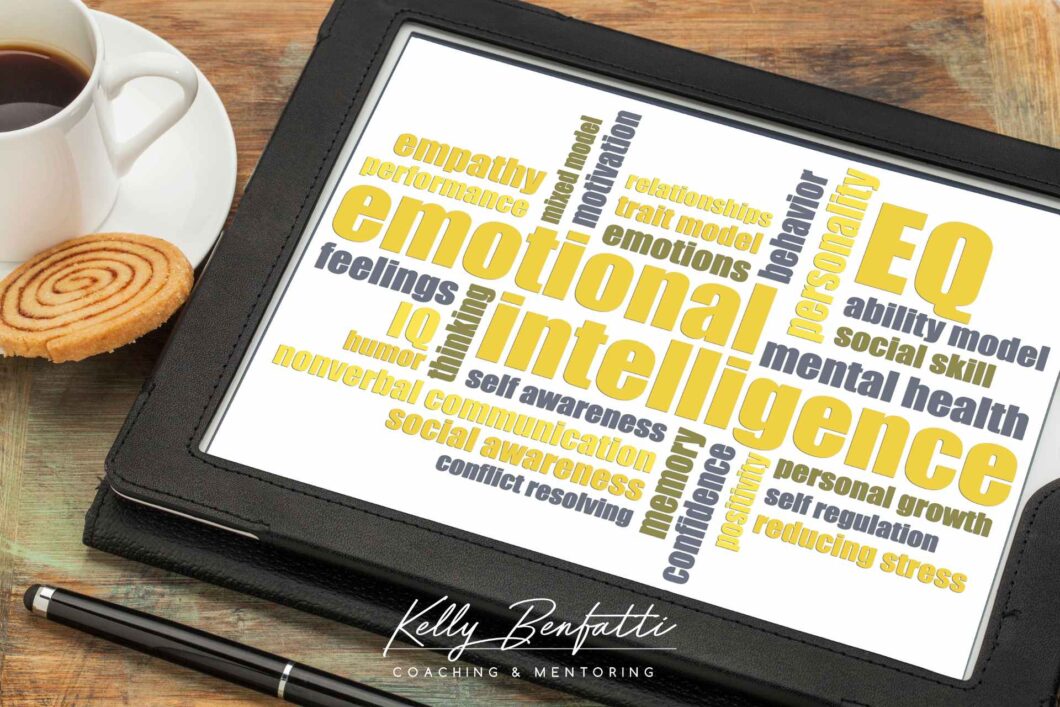Emotional intelligence refers to the ability to understand and manage emotions, both in oneself and in others, in a positive way. It involves skills such as empathy, self-awareness, emotional self-regulation and social skills. Developing emotional intelligence can be beneficial for improving relationships and dealing with emotionally challenging situations in a healthier way.
Emotional intelligence is a concept developed by Daniel Goleman – writer, psychologist and science journalist – in the 1990s, which refers to the ability to identify, understand and manage emotions, both in oneself and in others, in a healthy and effective way. . It involves five main pillars:
- Self-awareness: It is the ability to recognize and understand your own emotions, as well as their effects on behavior and decisions.
- Emotion Management/Self-Control: Involves controlling and managing emotions appropriately, avoiding impulsive reactions and harmful behaviors.
- Self-motivation: Refers to the ability to use emotions positively, channeling them towards constructive goals and seeking internal motivation to persist in your goals.
- Empathy: It is the ability to understand and share the emotions of other people, putting yourself in their shoes and showing compassion.
- Social Skills: Encompasses the ability to get along well with others, communicate effectively, resolve conflicts in a healthy way, and build positive relationships.
Developing emotional intelligence is a process that requires practice and self-discipline, and in addition to the main pillars mentioned above, here are some tips that can help with your self-development:
- Pay attention to your emotions and try to understand what triggers them. Keep an emotional journal to record your reactions in different situations.
- Learn to control your emotions by breathing deeply in times of stress and pausing before responding impulsively. Practice frustration tolerance.
- Set clear and meaningful goals for yourself. Focus on finding a personal and professional purpose that motivates you to persist and grow.
- Practice actively listening to other people and try to understand their feelings and perspectives. Put yourself in their shoes to gain a broader view.
- Improve your communication skills, be assertive but respectful. Learn to resolve conflicts constructively and develop positive relationships.
- Read books, attend workshops, or take courses on emotional intelligence to deepen your understanding of the subject.
- Ask for honest feedback from friends, family or colleagues about your emotional skills and be willing to work on areas that need improvement.
- Be kind and understanding with your own emotions, practice empathy with yourself. Recognize that everyone makes mistakes and that emotional growth is an ongoing process.
Remember that developing emotional intelligence takes time, and it’s normal to face challenges along the way. Be patient and celebrate every little achievement. With continued practice, you can improve your emotional skills and reap the benefits in many areas of life, such as improving your ability to handle stress, developing empathy and understanding of others, strengthening interpersonal relationships, increasing self-awareness and self-control, and to contribute to more balanced and effective decision-making.
These emotional skills are valuable in both personal and professional lives.
Want to know more, then come talk to me @kbenfatticoach or visit www.kbenfatticoach.com.br
#proposito #missão #autoconhecimento #coach #coaching #lifecoach #kbenfatticoach #inteligênciaemocional #emotionalintelligence #autodisciplina #empatia #pessoas #saúdemental




